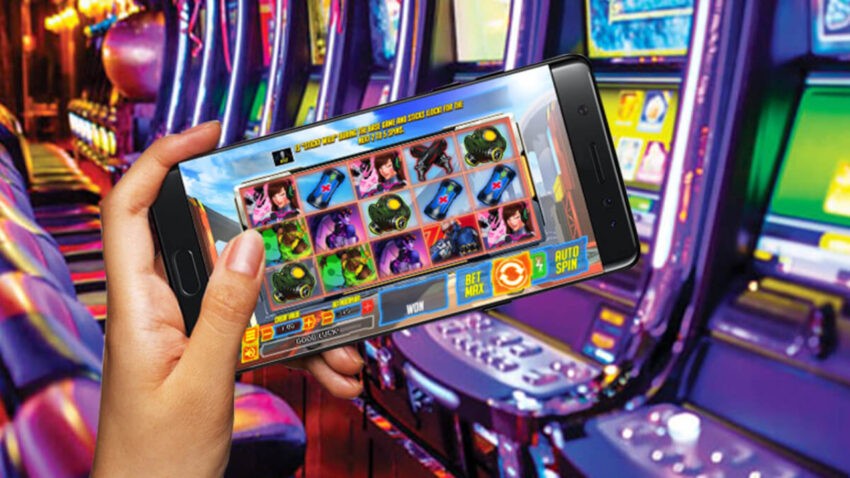
The Evolution of Social Interaction in Online Games: From Solo Play to Digital Communities
Online gaming has become a cornerstone of digital entertainment, but it’s not just about playing games. Over the years, these virtual spaces have evolved into vibrant social environments, changing how we interact, collaborate, and form communities AMOSBET77. What started as solitary experiences where players would simply compete against one another has transformed into dynamic ecosystems that foster social interaction, collaboration, and even deep friendships.
The Beginnings: Isolated Experiences
In the early days of online games, interaction was minimal. Games like Doom and Quake introduced multiplayer modes, but these were often focused solely on competitive play. Players connected over dial-up internet and participated in deathmatches or simple team battles. While there was interaction, it was often limited to voice chat or text messaging—impersonal and fleeting.
At this stage, players were still largely isolated, focused on individual achievements rather than the broader social aspects of gaming. Communities formed mostly in forums, with game developers creating rudimentary support structures.
The Rise of Persistent Worlds: MMORPGs and Collaborative Play
The landscape began to shift dramatically with the rise of Massively Multiplayer Online Role-Playing Games (MMORPGs) such as World of Warcraft (WoW) and Final Fantasy XIV. These games introduced persistent, open worlds where players could live out digital lives, build characters, and forge relationships that transcended the virtual environment.
In these games, players didn’t just compete; they collaborated. Guilds, alliances, and large-scale raids became essential components, and players formed strong bonds with people they met through these experiences. Social tools within these games, such as in-game chat, voice communication, and trading systems, allowed for more meaningful interactions, and players began to see the game world as a social space rather than just a battlefield.
The Emergence of Digital Communities
As the concept of the digital community evolved, online games began to foster spaces where players could create their own cultures. In games like Minecraft, players not only interacted within the game world but also created expansive worlds and experiences with others. This kind of user-generated content became a hallmark of the online gaming culture. Communities grew around specific games, creating subcultures that existed both in-game and on external platforms like Reddit, Discord, and Twitch.
The creation of in-game events, social hubs, and livestreams further emphasized the importance of the community aspect in gaming. Games like Fortnite blurred the line between game and social media by hosting in-game concerts and collaborations with real-world celebrities, further integrating games into everyday life.
Social Gaming and the Power of Streaming
The next leap in online gaming’s evolution came through streaming platforms like Twitch and YouTube, where watching others play became just as popular as playing the games themselves. Viewers didn’t just watch; they interacted with streamers and fellow viewers in real-time, creating a unique form of social engagement. Online games became more than just an experience for the player; they became part of a global conversation.
Twitch, for example, has allowed streamers to build communities around specific games or genres, offering a sense of belonging and socialization that often extends beyond the games themselves. Chat rooms, emotes, and subcultures created within these spaces have redefined what it means to “play” a game, as gaming becomes as much about the social experience as it is about the gameplay.
Online Games as Social Spaces in the 2020s
In recent years, online games have increasingly become spaces for social interaction rather than just gameplay. The COVID-19 pandemic accelerated this trend, as millions turned to games as a way to connect with friends and family during lockdowns. Games like Animal Crossing: New Horizons became a social haven, allowing players to visit each other’s virtual islands, exchange gifts, and share experiences that felt almost like real-life gatherings.